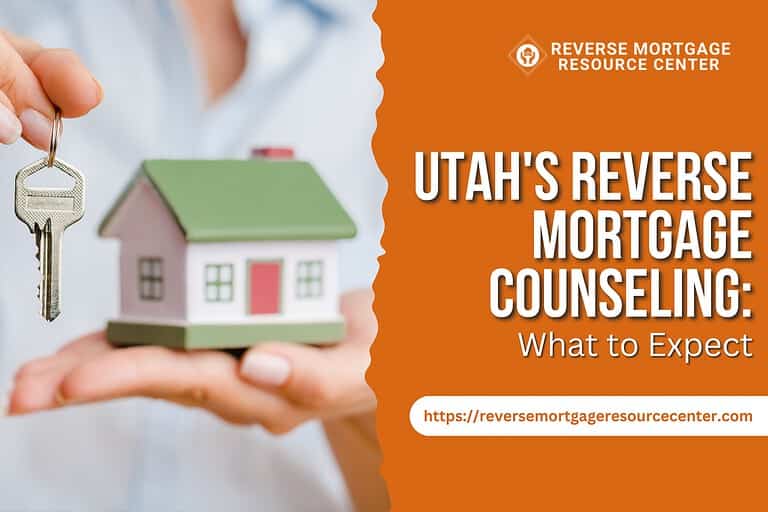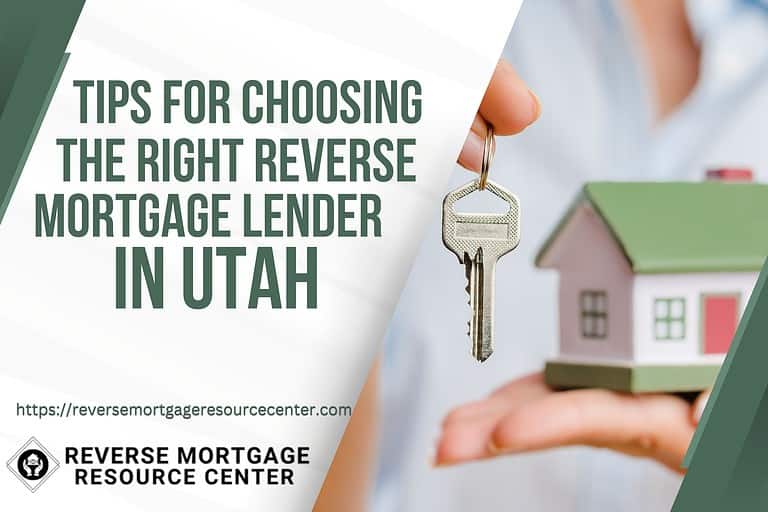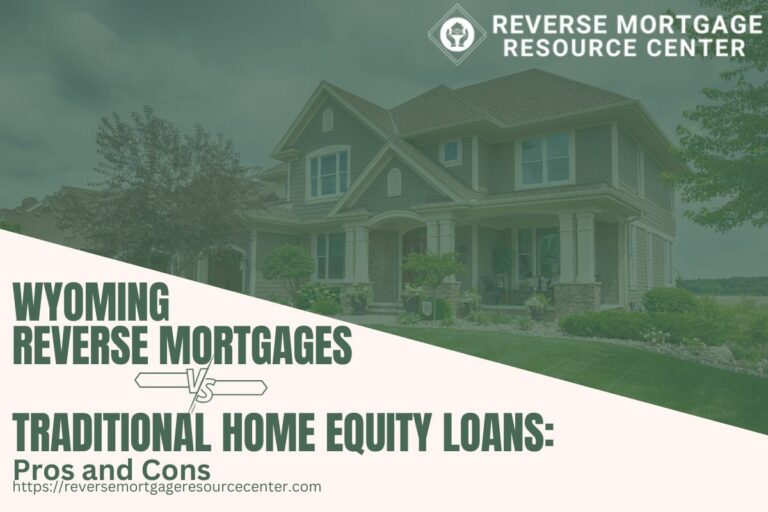The Path to a Nevada Reverse Mortgage: Application and Benefits
When it comes to retirement financial planning, Nevada elders have several options to consider. The Nevada reverse mortgage is one option that has grown in popularity recently. This financial tool enables homeowners 62 and older to access their home equity while remaining in their houses. In this post, we will look at how to get a Nevada reverse mortgage, covering the application procedure and the several benefits it can provide.
Understanding the Basics of a Reverse Mortgage
Before delving into the application procedure and benefits of a Nevada reverse mortgage, it’s critical to understand this financial product’s basics. A reverse mortgage is a sort of house financing created exclusively for elders. In contrast to a standard mortgage, which requires homeowners to make monthly payments to the lender, a reverse mortgage allows homeowners to receive disbursements from the lender.
The key features of a reverse mortgage include:
1. Age Requirement
You must be at least 62 years old to be eligible for a reverse mortgage in Nevada. This age limit is in accordance with federal regulations.
2. Homeownership
You must own your property outright or have significant equity to qualify for a reverse mortgage. Your house will secure the loan.
3. No Monthly Payments
One of the most appealing aspects of a reverse mortgage is the absence of monthly mortgage payments. Instead, the loan is paid off when you sell your property, move out, or pass away.
4. Loan Types
Home Equity Conversion Mortgages (HECMs), guaranteed by the Federal Housing Administration (FHA), and proprietary reverse mortgages offered by private lenders are two types of reverse mortgages available.
The Path to a Nevada Reverse Mortgage: Application Process
Now that you have a basic idea of a reverse mortgage, let’s look at how to apply for one in Nevada.
Step 1: Find a Reputable Lender
The first and most important step is choosing a trustworthy lender specializing in reverse mortgages. Do your homework, study reviews, and seek advice from friends or family members who have been through the process. A reliable lender will walk you through the full application procedure and answer your questions.
Step 2: Counseling Session
Before applying for a reverse mortgage, you must attend a counseling session with a HUD-approved counselor. This seminar will ensure that you completely comprehend the consequences of a reverse mortgage, including the costs and rewards. The counselor will assess your financial status and advise whether a reverse mortgage is your best option.
Step 3: Application Submission
You can begin the application procedure after completing the counseling session and acquiring a Certificate of HECM Counseling. Your lender will give you all the necessary papers and walk you through the application process. Documentation such as proof of income, homeowners’ insurance, and property taxes will be required during this process.
Step 4: Appraisal and Inspection
Following the submission of your application, the lender will schedule an appraisal and inspection of your house. The appraiser will assess the current market value of your property, which will impact the amount of money you can borrow through the reverse mortgage.
Step 5: Underwriting and Approval
Your application will be underwritten after the assessment and inspection are completed. To assess your eligibility for a reverse mortgage, the lender will examine your financial information, credit history, and appraiser’s report. If you are approved, you will be given a formal loan offer.
Step 6: Closing
The closing process begins once you accept the loan offer. You will sign the relevant documentation during this phase, and the lender will disburse the funds to you. Before signing, thoroughly review the loan terms and ask any questions you may have.
The Benefits of a Nevada Reverse Mortgage
Now that we’ve reviewed the application procedure, let’s look at the several advantages a Nevada reverse mortgage can provide seniors.
1. Access to Home Equity
A reverse mortgage allows you to borrow a portion of your home’s equity without selling it. This can be a vital source of funds for retirees trying to make ends meet or who wish to improve their retirement lifestyle.
2. No Monthly Mortgage Payments
One of the most notable benefits of a reverse mortgage is the elimination of monthly mortgage payments. This can relieve financial stress for retirees on fixed incomes, allowing them to use their assets for other necessities.
3. Stay in Your Home
You can remain in your house with a reverse mortgage if you follow the loan terms, such as maintaining the property and paying property taxes and insurance. This gives seniors who want to age in place peace of mind and stability.
4. Income Tax-Free Funds
The monies you get from a reverse mortgage are normally treated as loan proceeds rather than income, which means they are not taxed at the federal level. This might be a huge benefit for retirees who want to make the most of their financial resources.
5. Flexible Disbursement Options
Nevada reverse mortgages provide a variety of disbursement alternatives, allowing you to select the one that best meets your needs. A lump sum, monthly installments, a line of credit, or a mix of these choices are available.
6. FHA Insurance
In Nevada, most reverse mortgages are Home Equity Conversion Mortgages (HECMs) insured by the Federal Housing Administration (FHA). This insurance adds another layer of security by ensuring you will continue receiving disbursement even if the lender goes out of business.
7. Preserve Other Assets
You can save other assets, such as savings and investments, for other financial goals or emergencies if you use a reverse mortgage to fund your living needs.
8. Repayment Flexibility
Repayment of a reverse mortgage is only required when you sell your property, move out, or pass away. This adaptability enables you to reap the benefits of your reverse mortgage while preserving ownership of your house.
Considerations and Cautions
While a Nevada reverse mortgage has various advantages, evaluating some vital criteria and approaches with prudence is critical.
1. Loan Costs
Fees and closing costs associated with reverse mortgages include origination fees, mortgage insurance payments, and service fees. Ensure you understand these fees and how they may affect your loan.
2. Impact on Heirs
If you die, your heirs must return the reverse mortgage loan sum if they want to keep the house. To ensure everyone is on the same page, you should address the ramifications of a reverse mortgage with your family and heirs.
3. Equity Depletion
A reverse mortgage might decrease your home’s equity over time, limiting your potential to leave a sizable gift to your heirs. Consider how this relates to your estate planning objectives.
4. Housing Market Fluctuations
The appraised value of your home determines the amount you can borrow with a reverse mortgage. If the housing market falls, the amount you receive from your reverse mortgage may be reduced.
REVERSE MORTGAGE RESOURCE CENTER ~LIVE LIFE ON YOUR TERMS~
Our Lending Team has been serving our clients since 2004. We are passionate about serving our clients with integrity to help them achieve their financial goals.







